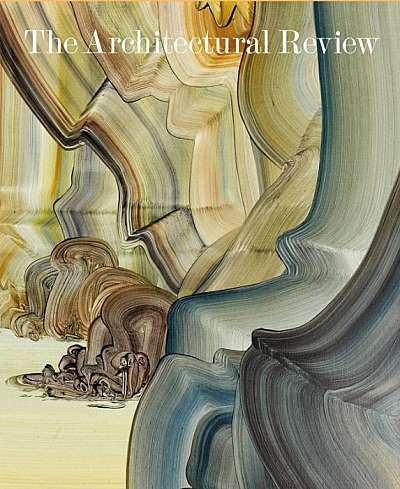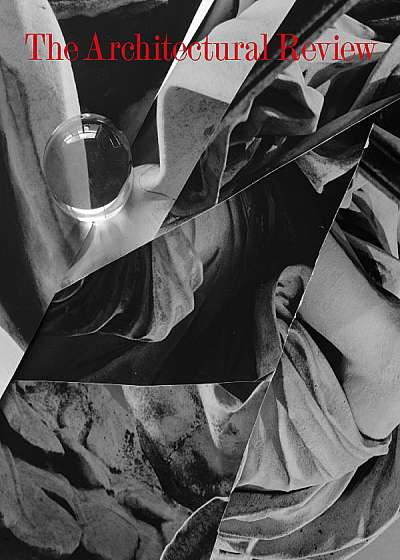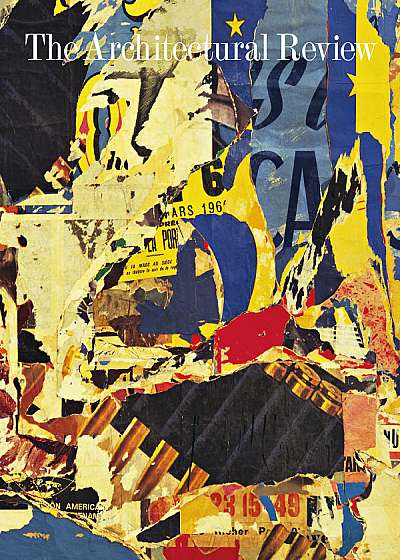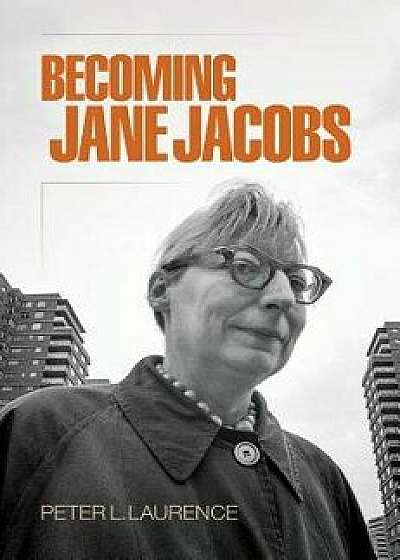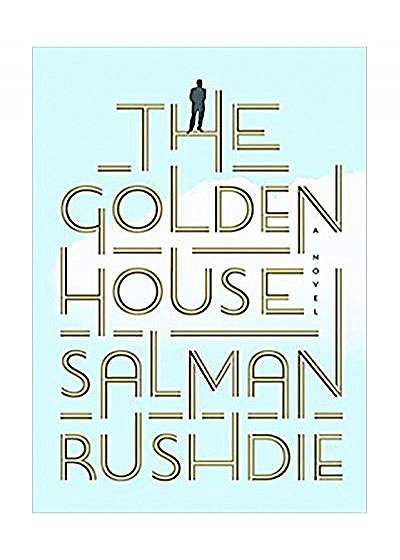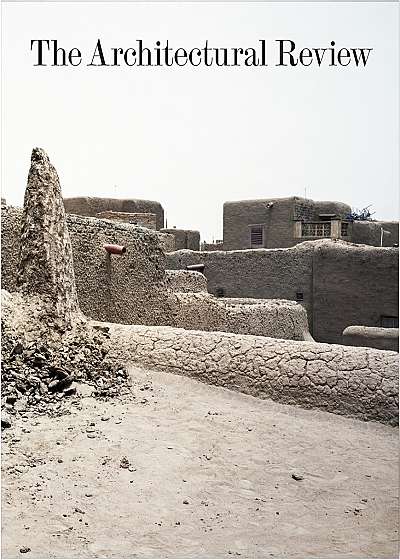
The Architectural Review 1468
Descriere
The ground under our feet is more mutable than solid. It can be dug, carved, molded, piled up and packed into walls. In this issue, we explore earth and architecture, from the first building to the future of the ecological. We look back at the work of Martin Rauch and hear from BC Architects & Materials & Studies, to see how an ancient form of architecture can be married with contemporary scientific knowledge and industrial capacities. We ponder how process might guide design when soil is used as shuttering, and visit some new earthen constructions: Bushey New Cemetery by Waugh Thistleton, the Zoma Museum in Addis Ababa by Meskerem Assegued and Elias Sime, and Negenoord observation tower by De Gouden Liniaal. Not all earth is what it seems, however – as Phineas Harper argues in Outrage, many new ‘rammed-earth’ contain only slightly less cement than concrete, feeding a new tradition of greenwashing. All this invention comes off the back of aeons-long traditions of earth building. Jean Dethier writes a new history of raw earth construction for the keynote, and Dubravka Sekulić, Milica Tomić and Philipp Sattler show us how soil can become a living archive, bearing the memories of atrocities committed over its surface. We revisit the mud cities of Yemen, first published in the AR in 1936 and now under threat due to age and the onslaught of civil war, and the subject of this month’s Reputations is Hassan Fathy, who found arabité in the earthen vernacular of Egypt, and with it proposed a different idea of modernity. We also look at cutting or building into the earth, visiting Muzeum Susch by Lukas Voellmy and Chasper Schmidlin, buried in the belly of the Swiss Alps, and explore the many interactions of man and nature in a selection of photographs by Bas Princen. Finally, from fertiliser to filth as protest, Tom Wilkinson closes the magazine with a history of human excrement.
